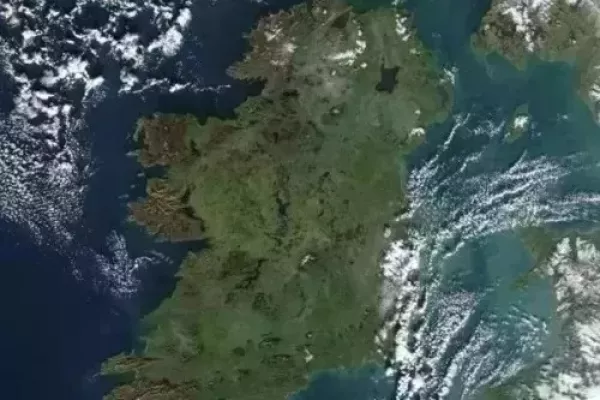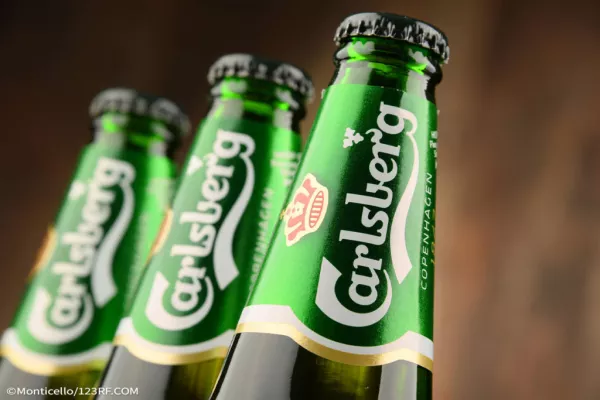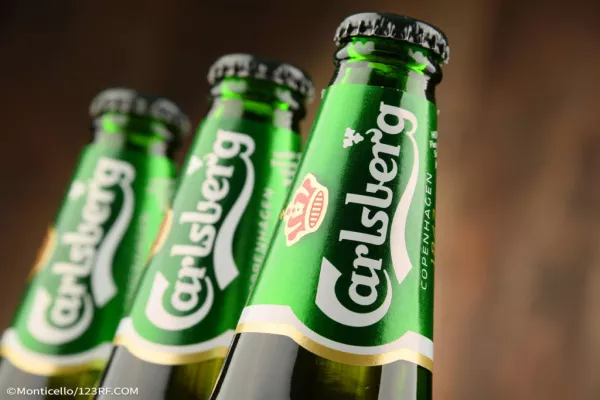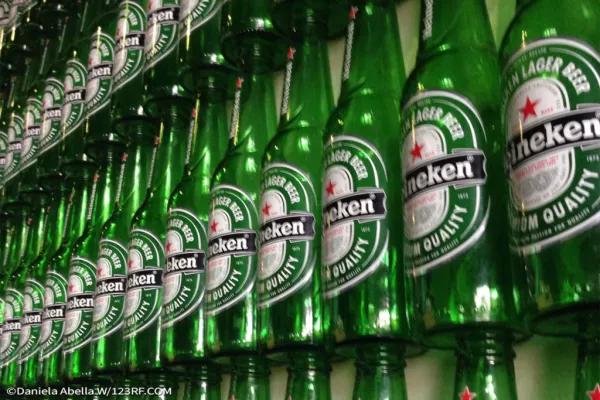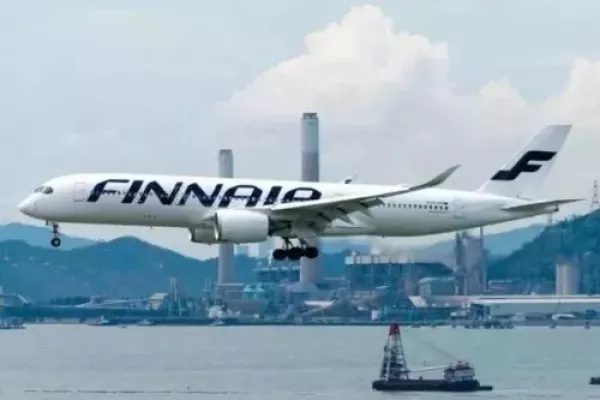A new report by the Irish Tourism Industry Confederation (ITIC) outlines the unintended impact of the Ukraine conflict on Irish tourism accommodation stock and sets out a number of policy recommendations to ameliorate the situation.
Details
The report, which was published on ITIC.ie, states that ITIC fully supports the Irish government's humanitarian reaction to the Ukrainian crisis and is ready to assist in devising a balanced strategy, but that Ireland's tourism and hospitality industry cannot be asked to take the primary burden of accommodating Ukrainian refugees and asylum seekers on its own, and a more proportionate and creative approach by the government is required.
According to the report, Ireland has welcomed 57,000 Ukrainians since their country's conflict with Russia began, which is more per capita than many other member states, despite a very limited temporary accommodation infrastructure, and 80% of arrivals are reliant on the state for accommodation.
At present, 22% of the country's tourist accommodation capacity, including 15% of hotel rooms, is contracted to provide shelter for those fleeing Ukraine, as well as for approximately 5,000 asylum seekers from other countries, and an estimated 34,000 Ukrainian citizens are currently living in tourist premises, according to the report, which said that ITIC's projections show that if the over-reliance on tourist accommodation continues into next year, the tourism supply side of accommodation could be reduced by approximately 30% if the number of Ukrainian refugees exceeds 90,000, which would have a significant adverse effect on tourist visits, with the loss of up to €1 billion in earnings, the loss of hundreds of jobs in the broader hospitality and supply sectors, the threatening of the sustainability of many businesses, and serious damage to Ireland's competitiveness.
The report also said that a lack of available accommodation may also impact carriers, which will suffer from frustrated tourist demand in key source markets, and that the longer term effect could delay Irish tourism's recovery by several years and cause structural shifts within the sector.
Recommendation
The report stated that research shows that for every €1 a tourist spends on accommodation, €2.50 is spent on other services, and in view of the seriousness and urgency of addressing the issue, ITIC is making the following recommendations:
- a Department of Taoiseach-led whole of government approach;
- a published two year humanitarian plan for how displaced persons are to be accommodated;
- a 12%-15% allocation;
- a business continuity fund for tourism businesses adversely affected by the impact of government contracts;
- expedited local authority strategies to deal with the crisis;
- a focus on fast tracking alternative accommodation solutions;
- the encouraging of integration into the labour force by minimising barriers to entry;
- a quicker transition from direct provision;
- and the extend tourism VAT rate of 9% to 2025.
